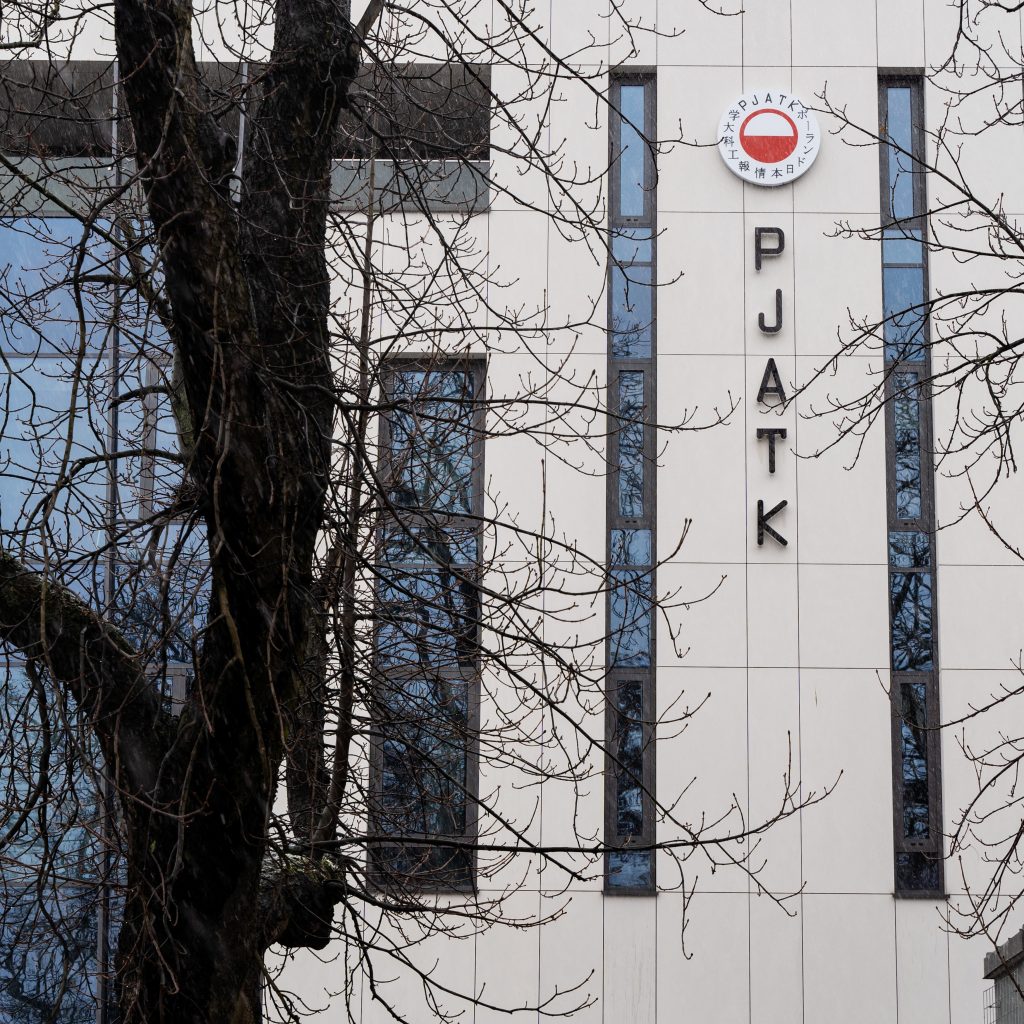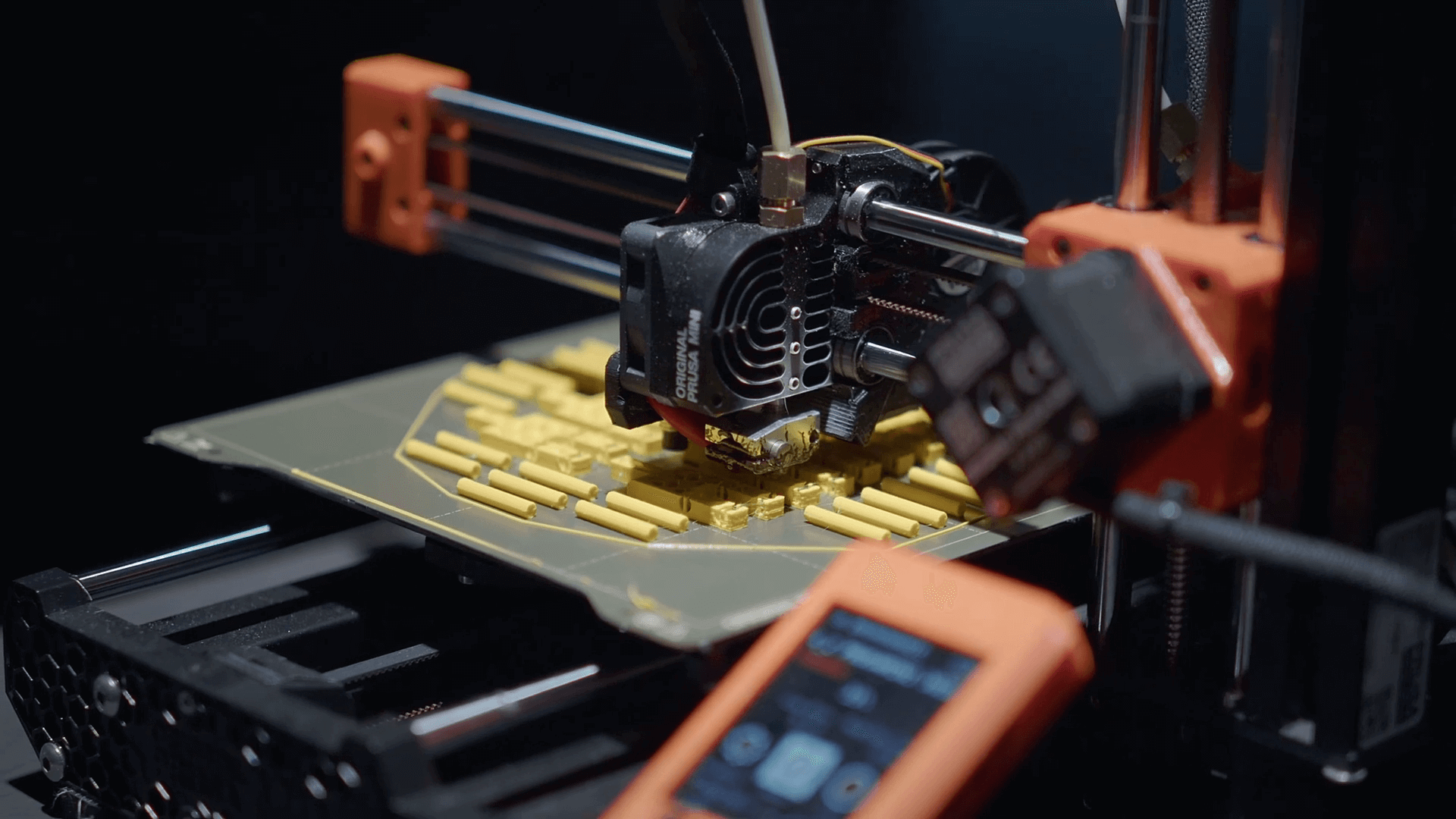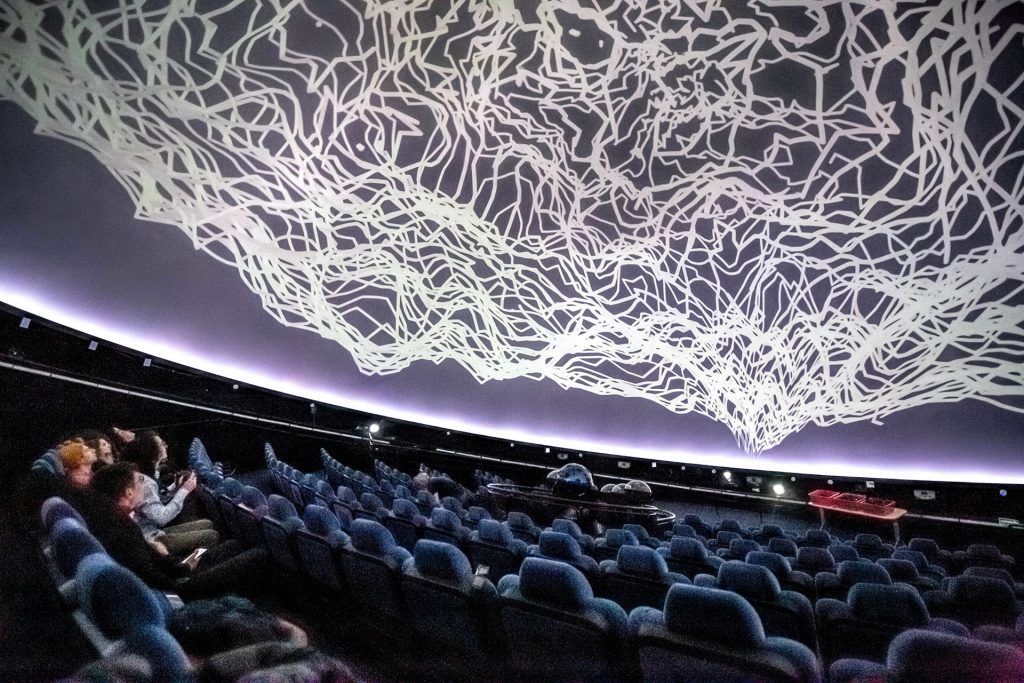Specialized areas
The choice of specialized area is made in the second year of full-time studies or in the third year of part-time studies. Students decide on the choice of area by filling out a questionnaire. Each student is required to choose one area to continue their studies. Students who would like to opt for two areas at the same time should indicate their choice in the questionnaire. Information about the survey and the time for its completion is provided to students annually. Once its time is up, it is not possible to change the decision.
ITN students who want to start the diploma area specialty in the upcoming semester should report to the dean's office to activate their survey account. This also applies to those who have already chosen area, and want to start it again.
Coordinating person: prof. dr hab. Lech Banachowski
Symbol: A_BD
Specialized area topics
The curriculum includes learning database programming, administration and tuning using Oracle, Microsoft SQLServer, IBM DB2, MySQL, PostgreSQL as examples. In addition, students are introduced to: design, administration and tuning of databases; learn to use CASE tools; create database applications running on the Internet and on a local network.
Opportunities to use the knowledge gained in your future professional work
It prepares graduates to work in companies and IT departments in the following positions: analyst, information system designer, database system administrator, traditional application programmer, web application designer, and web portal designer and administrator.
Sample thesis topics
- Library;
- Tourism;
- Third Country Training Program;
- JazzWorld Society;
- Statistical support system in games of chance;
- Online Tea Room;
- A system to support the "Education Under Sail" association;
- Online store;
- Australia - an educational application for children.
Laboratory description
The lab is equipped with virtual servers: design, database and application servers. A variety of programming, design and system tools are available to students, such as:
- CASE tools for conducting design work: Oracle Designer, Micro-soft Visio;
- Design methodologies from Oracle, Microsoft and Rational Software (IBM);
- database systems: Oracle, MS SQLServer, DB2, Postgres, MySQL;
- client application development environments: Visual Basic, Java, C, C#, C++, Oracle Forms, Oracle Reports;
- Web application development environments: Oracle Internet Application Server, Oracle JDeveloper, Microsoft Internet Information Server, ASP.NET, Apache, PHP, Java Servlets, JSP, EJB, XML, web services.
Specialization subjects
- Internet Technologies | TIN
- Database Administration | ABD
Coordinating person: Dr. Mariusz Trzaska, Eng.
Symbol: A_IB
Specialized area topics
The curriculum covers analysis and design of information systems using popular object-oriented notations (e.g., UML) and CASE tools. Software engineering issues are also addressed (including life cycle for various methodologies/approaches, e.g. incremental). Students learn how to manage a software development project, as well as how to implement analysis results (diagrams) in an object-oriented programming language. Ongoing engineering projects (both group and individual) combine many areas of IT, including: databases, software engineering, mobile and distributed (web) technologies
Opportunities to use the knowledge gained in your future professional work
We prepare specialists in analysis, design, implementation, testing and administration of information systems, software engineering methods, database design methods, software quality enhancement methods, Internet integration methods. They are sought after by medium and large computer companies (including foreign ones) implementing key IT projects for government and administrative institutions, banks, state and private enterprises, schools, military, media.
Sample thesis topics:
- Knowledge and risk management in a software company;
- Software to support the construction and operation of an online store;
- Workflow system to support document and software quality management;
- Comprehensive Emergency Incident Handling System;
- Animal shelter handling system;
- Platform for managing an assembly company;
- Mobile application to support foreign language learning;
- Mobile application to support aerobic training;
- Analysis and comparison of object-relational mappers;
- System to enable mutual borrowing of everyday objects.
Laboratory description
Various CASE packages, IDE tools (e.g., IntelliJ Idea, Visual Studio), databases (e.g., Microsoft SQL Server, MariaDB, PostgreSQL), content management systems, various programming languages (e.g., Java, .NET platform) are used in classes.
Specialization subjects
- Internet Technologies | TIN
- Database Administration | ABD
Coordinating person: prof. dr hab. Adam Wierzbicki
Symbol: B
Specialized area topics
The scope includes classes on topics:
- Information protection in computer networks;
- Configuration and use of firewall, intrusion detection and prevention systems;
- Hiding information (steganography), using watermarks;
- applications of cryptography and digital forensics;
- distributed programming;
- Design and build secure and efficient software, including network software;
- Protocols to ensure quality of service (QoS) in computer networks;
- management of computer networks;
- Advanced routing protocols and design of local area networks, VLANs and VPNs;
- Designing and managing devices that provide network diagnostics;
- Configuring the network, evaluating its performance and transmission speed;
- Administer and configure basic network, operating systems and databases;
- Wireless network design and operation techniques.
Opportunities to use the knowledge gained in your future professional work
After completing the scope, graduates are experts in computer network management, information protection, design, as well as secure and efficient software, and in the field of digital forensics. They are potential employees of companies that use computer networks and require ensuring their security and high performance and reliability. Software companies operating in the areas of e-commerce, e-learning, e-government, e-business are looking for specialists in software and data security. A separate category is made up of digital forensics specialists employed by large companies or organizations that counter information security breaches or digital crimes.
Sample thesis topics
- Authentication and authorization protocols in computer networks;
- Methods of investigation in digital forensics;
- Ensuring the protection of information in electronic banking;
- Digital watermarking methods;
- Audit of intrusion detection systems;
- Planning and implementation of "Voice over IP" services;
- Controlling devices via computer networks;
- Analysis of network protocols;
- Management and administration of computer networks;
- A comparative analysis of network media;
- Networked custom device drivers;
- Redundant mechanisms in computer networks.
Laboratory description
area has a specialized laboratory equipped with equipment designed for building computer networks. There are several portable cabinets (Racks) with switches and Cisco routers. It is also possible to rent or use mobile devices on site. Apple computers supporting software development based on the ObjectiveC language are also available to students. Other equipment is also worth mentioning:
- Nokia Lumia (various types);
- Samsung Galaxy (SIII x 2, Note II x 4, Tab 3);
- Nexus (4, 10);
- Apple (iPad Air x 2, iPhone 4, iPhone 5S, iPhone 5C);
- Motorola Xoom;
- Dice+ (x2);
- Dell Venue 8;
- Epoc Emotive.
Specialization subjects
- Advanced Computer Networks | ZSK
- Advanced Operating Systems | ZSO
Coordinating person: Michał Żbikowski, M.Sc., Krzysztof Szklanny, dr hab. ,
Symbol: E
Specialized area topics
Students are introduced to Human-Computer Interaction (HCI) issues related to the design of digital products and services. Students will learn the principles of Human-Centered Design (UCD) to ensure a high level of UX of the interactive solutions created such as websites, mobile applications, etc. They will learn to analyze user needs in the design of processes, services, user interfaces and interactions. Students will learn the basics of design art and design guidelines/patterns for creating user interfaces and interactions on various platforms. Students will possess the ability to create advanced and complex prototypes of user interfaces and interactions with varying levels of detail using specialized software. They will possess comprehensive knowledge of multimodal interfaces, voice interfaces, GUIs (graphical user interfaces), interfaces for mobile devices and others. They will learn about the principles of accessibility of systems and interfaces and the creation of dedicated interfaces for special user groups, such as disabled users. They will learn to use and integrate AI tools in the interfaces they create. They will learn the principles of web design.
Students will learn digital signal and image processing techniques, techniques for processing sound, images and generating 2D and 3D graphics, image acquisition techniques, sound and video recording, principles of multimedia editing and processing, basics of photography and creating multimedia guides.
Students will learn to apply AI tools to edit, process and generate multimedia, to analyze multimedia content and to generate code. They will learn principles of speech analysis and synthesis, methods of classification and object recognition, and virtual and augmented reality (VR) techniques.
Opportunities to use the knowledge gained in your future professional work
Graduates of the "Multimedia and AI" specialization can find jobs in interactive agencies, film studios, sound studios, education, advertising, entertainment, industry, transportation, medicine or as multimedia content creators for marketing branding or e-commerce or e-learning.
Examples of professions in which a graduate of the "Multimedia and AI" specialization can find employment are: interaction designer, user experience and usability evaluation specialist, specialist in the creation of multimedia materials with the help of AI, graphic designer, photo and video editor, animator, multimedia artist, audio/video creator, video color correction specialist. color correction in video material, 3D graphic designer, visual effects (VFX) artist, web designer, designer of mobile applications and other digital interactive solutions, multimedia application developer, game designer, speech synthesis/recognition specialist, natural language processing specialist
Sample thesis topics:
- Advanced immersive environments prepared using AI.
- Creating multimedia content using AI.
- Using VR tools in transportation, medicine, industry.
- Using AI tools to create user interfaces.
- Integrating AI tools as user interface elements.
- Creating interactive educational content using augmented reality.
- Exploring AI-powered video editing: Automating color correction and transitions between scenes.
- Sound design for immersive games: Techniques and tools.
- Optimizing lighting techniques in studio photography and film production.
- The role of multimedia in branding: Creating a marketing campaign for e-commerce.
- Designing a real-time 3D animation pipeline for virtual reality applications.
- Using voice cloning and synthetic speech in marketing campaigns.
- Using green screen effects in low-budget film production.
- Interactive visualization of anthropometric measurements.
- Application designed for therapy of autistic children.
Laboratory description
Students have access to modern laboratories where they can conduct research and projects. Our labs include a recording studio, a photo lab, among others.
Recording studio
The recording studio consists of two rooms (the director's room and the recording studio) separated from each other by double glass and double doors. In addition, care was taken to ensure that the angles between the walls were not straight, to prevent unwanted acoustic phenomena. In addition, the walls are covered with sound-absorbing material.
The students have at their disposal professional sound equipment, i.e. sound consoles, various types of microphones (starting with classic dynamic microphones for recording musical instruments, through very sensitive condenser microphones, and ending with a set for miking a drum set), sound processors and a prepared computer workstation for the realization of recordings with dedicated software installed. The studio also includes a digital piano and MIDI keyboard.
Photo studio
The studio is equipped with one main workstation with three backgrounds and several additional ones having a single background. The studio has realized an acoustic adaptation, made of special panels, which allows recording video and sound material for professional purposes.
The studio uses full-frame DSLR cameras that have a wide tonal range of light-sensitive sensors.
Professional lighting equipment is at the disposal of the students, so lamps that allow shooting with ultra-short flash times allowing to freeze motion, multiple flashes during one exposure with the possibility of setting delays. The lamps are equipped with lighting modifiers such as softboxes, grids, gates, stripboxes, reflectors and streamers. The rest of the lighting is supplemented by reporter lamps, which are portable lighting sources with battery power. A device called a Pixelstick can also be used in the studio.
Specialization subjects
- Multimedia Project Delivery (RPM).
- Artificial Intelligence and Virtual Reality (SIWR).
Coordinating person: Dr. Krzysztof Barteczko
Symbol: G
Specialized area topics
Topics focus on tools for creating, implementing and integrating business distributed applications using state-of-the-art technology. Graduates are specialists in programming business systems, familiar with the nuances of technology and avant-garde programming technologies, which gives them a high level of skill in designing, developing and implementing such systems, while ensuring a good position in the job market.
What we teach:
- The uses and nuances of programming languages (including Java, C#, Groovy, Scala),
- Distributed programming in Java, .NET, Scala environments,
- Web application building platforms (including GWT, Vaadin, ExtJS),
- Business application design patterns (including Enterprise Java Beans patterns),
- Working with application servers (including JBoss, Tomcat),
- programming for mobile devices (including Android and WindowsPhone),
- Internet technology,
- database administration.
Opportunities to use the knowledge gained in your future professional work
Graduates are specialists in business systems programming. They are familiar with the technological nuances and avant-garde technologies of business programming, which gives them a high level of skill in designing and implementing such systems, while ensuring a good position in the job market.
Sample thesis topics
- Comparative analysis of selected programming technologies in multi-tier business application architecture;
- Creating business portals using RIA ("Rich Internet Application") technology;
- Selection of software technologies in the context of a company's value chain in the age of the information revolution;
- Programmatic technologies for building information systems for small and medium-sized enterprises;
- Practical projects (systems for companies), emphasizing the use of new business application programming technologies in solutions.
Laboratory description
The lab has a powerful server with remote access capabilities. Modern software (including JEE, .NET, Scala Akka, RubyOnRails, Django, Grails, SQL and NoSQL databases) is used in the development of projects and theses.
Specialization subjects
- Internet Technologies | TIN
- Mobile Programming | PRM
Interested in studying?
Contact us!
Contact the Admission Office to get answers to all your questions.



